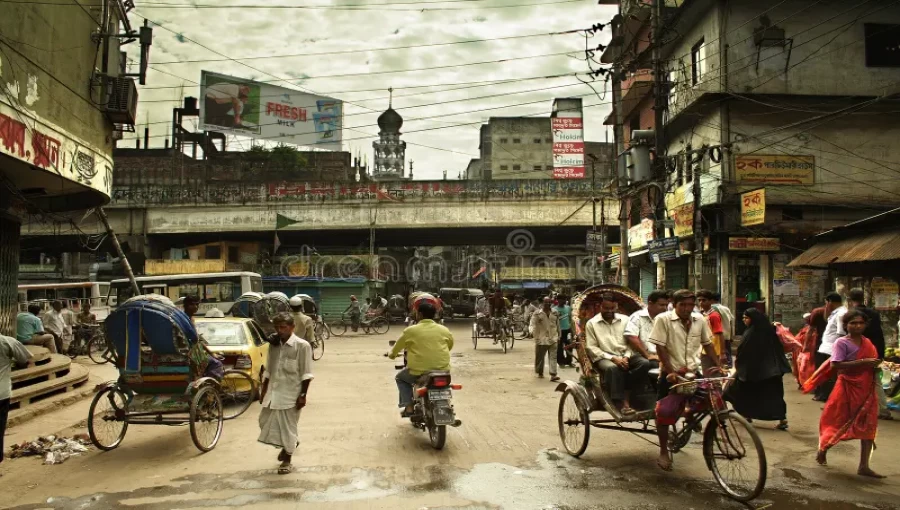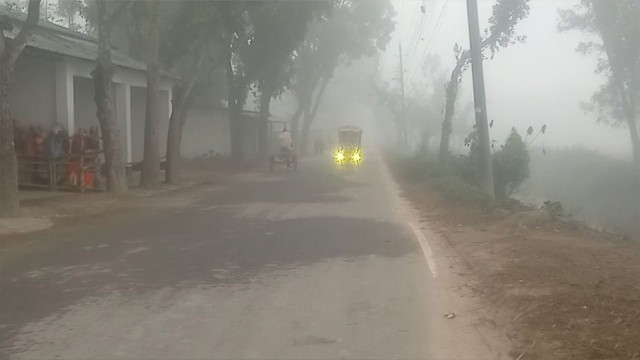Dhaka, the densely populated capital of Bangladesh, recorded an AQI (Air Quality Index) score of 69 at 9:10 am on August 19, 2024, placing it 32nd among cities with the worst air quality globally. The air quality was classified as 'moderate,' meaning that while the air is generally acceptable, certain sensitive individuals might consider reducing prolonged outdoor activities.
In comparison, the top three cities with the worst air quality at the time were Hanoi in Vietnam, Jakarta in Indonesia, and Lahore in Pakistan, with AQI scores of 174, 171, and 168, respectively. These cities experienced air quality considered 'unhealthy for sensitive groups.'
The AQI is an important tool that helps the public understand how polluted the air is and what health effects might be associated with the current air quality. The index considers five major pollutants: particulate matter (PM10 and PM2.5), nitrogen dioxide (NO2), carbon monoxide (CO), sulfur dioxide (SO2), and ozone. The classification ranges from 'moderate' to 'hazardous,' with increasing levels of health risk.
Air pollution has been a persistent problem in Dhaka, with the air quality typically worsening during winter and improving during the monsoon season. According to the World Health Organization (WHO), air pollution is a major global health threat, contributing to an estimated seven million deaths annually, largely due to respiratory and cardiovascular diseases.































Comment: